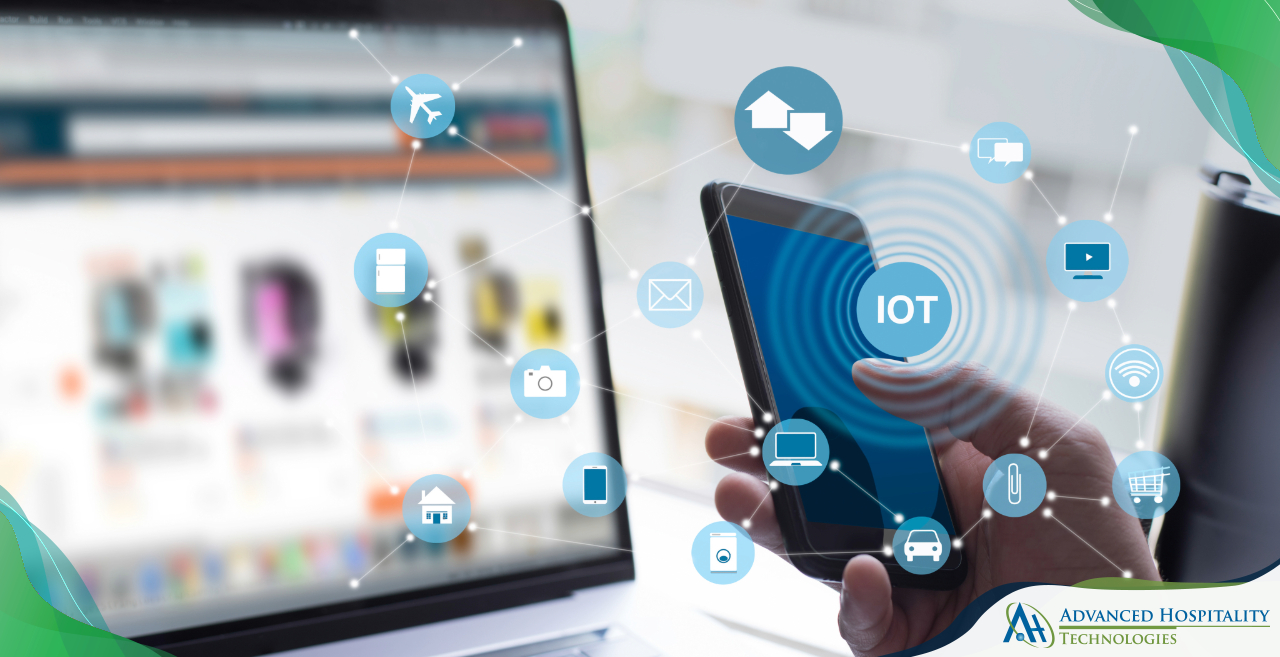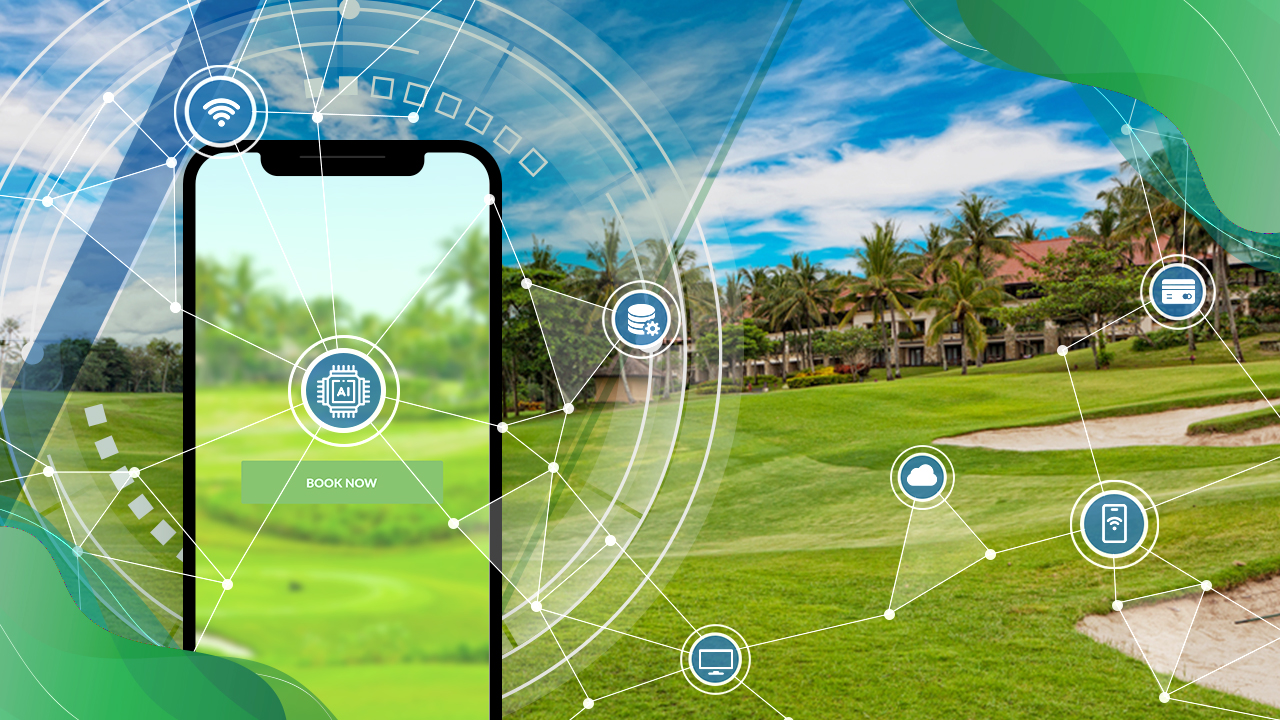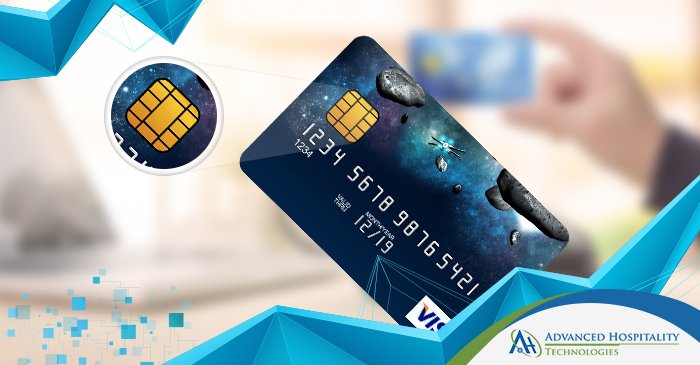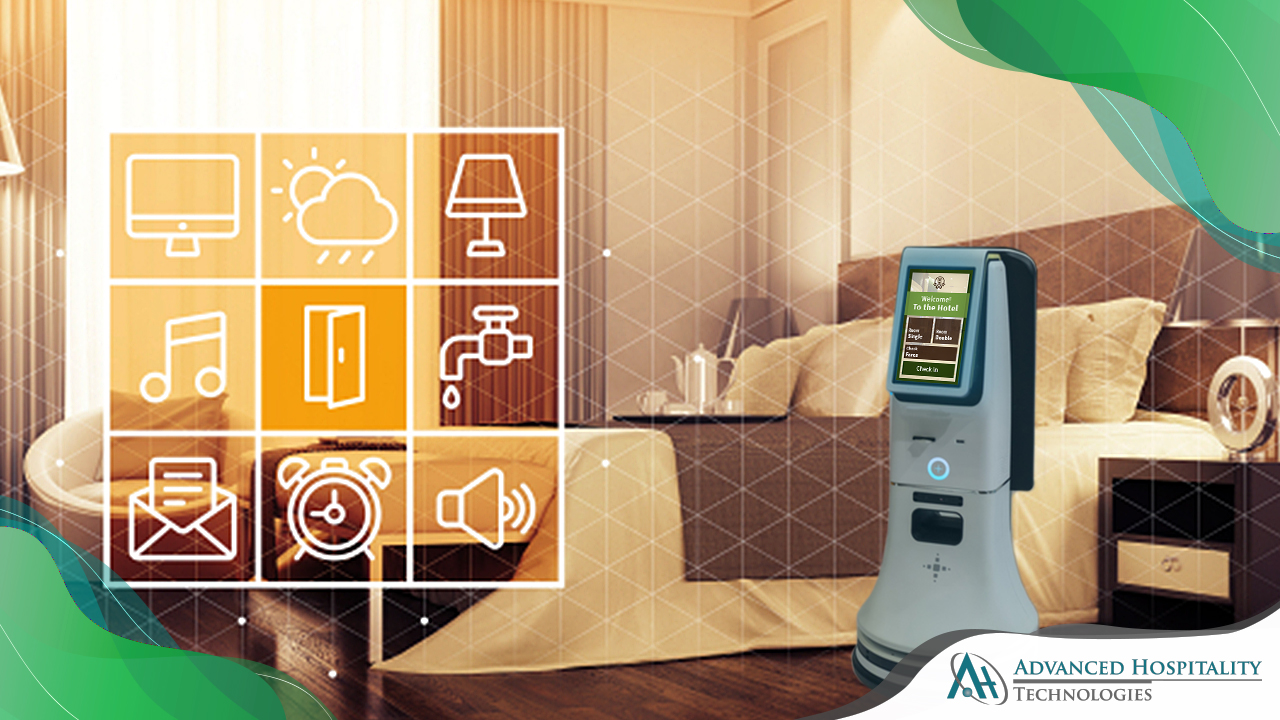Introduction
The hospitality industry is undergoing a dramatic transformation, driven by the rapid advancement of Internet of Things (IoT) technology. IoT in hotels represents a fundamental shift in how properties operate, interact with guests, and manage resources. As we delve into how IoT technology is revolutionizing hotel management, it’s crucial to understand that these innovations aren’t just about adding smart devices—they’re about creating an interconnected ecosystem that enhances every aspect of the hotel experience.
The Foundation of Smart Hospitality
IoT in hotels encompasses a network of interconnected devices and sensors that communicate seamlessly to create a more efficient and responsive environment. This technological framework allows hotels to collect and analyze data in real-time, enabling them to make informed decisions about everything from room temperature to staffing levels. The implementation of IoT technology is revolutionizing hotel management by transforming traditional operations into data-driven processes that anticipate and respond to guest needs automatically.
Smart sensors and connected devices form the backbone of this system, monitoring various aspects of hotel operations 24/7. From occupancy sensors to smart thermostats, these devices work in harmony to create a more efficient and comfortable environment. Moreover, IoT in hotels enables properties to gather valuable insights about guest preferences and behavior patterns, leading to more personalized services.
Enhanced Guest Experience Through Technology
How IoT technology is revolutionizing hotel management is perhaps most visible in the guest experience. Modern travelers expect seamless, personalized experiences, and IoT in hotels delivers exactly that. Through mobile apps and smart room controls, guests can customize their environment without ever having to contact hotel staff.
Smart room systems can remember guest preferences from previous stays, automatically adjusting lighting, temperature, and entertainment settings upon check-in. This level of personalization not only improves guest satisfaction but also demonstrates the hotel’s commitment to providing cutting-edge services. The integration of IoT technology allows hotels to create memorable experiences that keep guests coming back.
Operational Efficiency and Resource Management
One of the most significant ways IoT in hotels is making an impact is through improved operational efficiency. Smart systems can monitor equipment performance, predict maintenance needs, and automate routine tasks, reducing the workload on staff while improving service quality. How IoT technology is revolutionizing hotel management becomes evident in the way it streamlines daily operations.
Housekeeping teams receive real-time notifications about room status, allowing them to optimize their cleaning schedules. Meanwhile, maintenance staff can monitor equipment performance and address potential issues before they become problems. This proactive approach not only saves time and resources but also ensures that guests experience fewer disruptions during their stay.
Energy Conservation and Sustainability
IoT in hotels plays a crucial role in energy management and sustainability efforts. Smart energy management systems can automatically adjust heating, cooling, and lighting based on occupancy and time of day. These automated systems ensure optimal energy usage while maintaining guest comfort.
Environmental controls can be integrated with property management systems to ensure that unoccupied rooms aren’t unnecessarily heated or cooled. This integration of IoT technology is revolutionizing hotel management by significantly reducing energy costs while supporting sustainability initiatives. Hotels can track their environmental impact in real-time and make data-driven decisions to improve their sustainability metrics.
Enhanced Security and Safety Measures
Security is another area where IoT in hotels is making significant strides. Modern security systems utilize connected cameras, smart locks, and motion sensors to create a comprehensive security network. These systems can identify and respond to potential security threats in real-time, ensuring guest safety while reducing the need for manual monitoring.
Smart access control systems allow hotels to manage room access remotely and provide detailed logs of all entry attempts. How IoT technology is revolutionizing hotel management is particularly evident in these advanced security features, which protect both guests and assets while streamlining security operations.
Data-Driven Decision Making
IoT in hotels generates vast amounts of valuable data that can be analyzed to improve services and operations. From guest preferences to resource utilization patterns, this data provides insights that were previously impossible to obtain. Hotels can use this information to make informed decisions about staffing, inventory management, and service offerings.
By analyzing patterns in guest behavior and facility usage, hotels can optimize their resources and services to better meet guest needs. This data-driven approach demonstrates how IoT technology is revolutionizing hotel management by enabling more precise and effective decision-making processes.
Cost Optimization and Revenue Enhancement
The implementation of IoT in hotels leads to significant cost savings across multiple areas of operation. Automated systems reduce labor costs, while predictive maintenance prevents expensive emergency repairs. Smart energy management systems can lead to substantial reductions in utility costs.
Furthermore, the enhanced guest experience enabled by IoT technology often translates into higher guest satisfaction scores and increased repeat bookings. This combination of cost reduction and revenue enhancement makes the investment in IoT technology particularly attractive for forward-thinking hoteliers.
Future Prospects and Emerging Trends
The future of IoT in hotels looks increasingly promising as new technologies emerge and existing systems become more sophisticated. Artificial intelligence and machine learning are being integrated with IoT systems to create even more intelligent and responsive hotel environments. These advancements continue to demonstrate how IoT technology is revolutionizing hotel management.
Voice-activated controls, augmented reality experiences, and even more personalized services are on the horizon. As these technologies mature, they will create new opportunities for hotels to differentiate themselves and provide even more value to their guests.
Conclusion
The impact of IoT in hotels cannot be overstated. From improving guest experiences to optimizing operations and reducing costs, IoT technology is fundamentally changing how hotels operate. As we’ve explored throughout this article, how IoT technology is revolutionizing hotel management touches every aspect of hotel operations, from the front desk to back-of-house systems.
For hospitality professionals looking to stay competitive in an increasingly digital world, embracing IoT technology is no longer optional—it’s essential. The hotels that successfully implement these technologies today will be better positioned to meet the evolving expectations of tomorrow’s guests while operating more efficiently and sustainably. As we look to the future, it’s clear that IoT technology will continue to play a crucial role in shaping the hospitality industry’s evolution.




